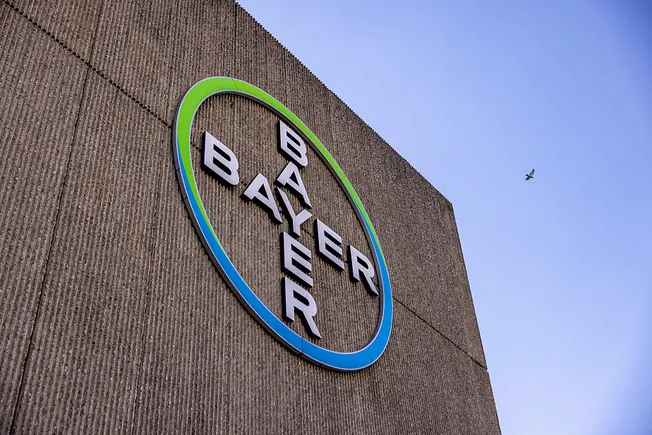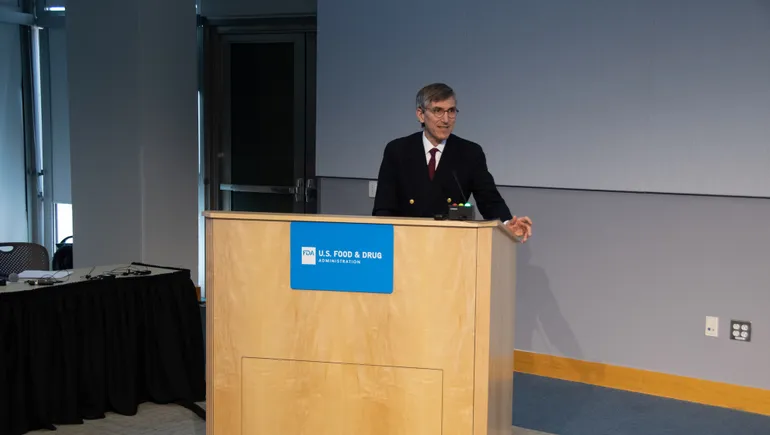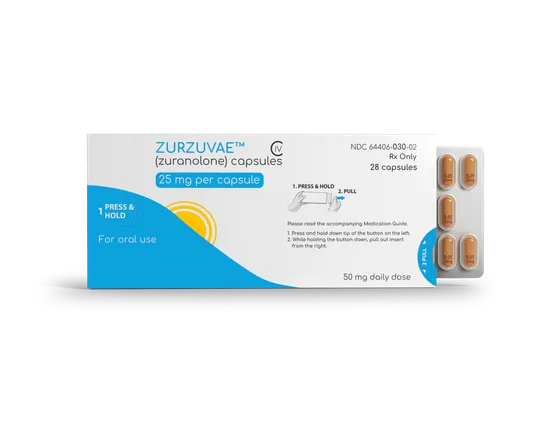Teva reaches deal in principle to settle opioid lawsuits for over $4B


Dive Brief:
- Teva said Tuesday it has reached an agreement in principle with a group of states and Native American tribes to settle years of litigation over opioid drug marketing.
- Under the agreement, Teva would pay as much as $4.25 billion plus about $100 million to the tribes over a period of 13 years. The figure includes lawsuits the company has already settled with states, such as one in Oklahoma announced in 2019.
- The value of the new settlement also includes a supply of as much as $1.2 billion worth of generic Narcan, an essential drug that can reverse the effects of an opioid overdose. Individual states could elect to take cash instead of the product; the potential alternate outlay would be $240 million, or 20% of the wholesale acquisition cost of Teva’s generic Narcan.
Dive Insight:
Teva is following in the path of other major drugmakers looking to clear costly litigation and bad publicity related to their alleged role in contributing to the U.S. opioid overdose epidemic.
In February, Johnson & Johnson and three top drug distributors said a settlement worth more than $20 billion announced last year had won enough support among litigants to move forward. Members of the Sackler family and their company, Purdue Pharma, reached a potential $6 billion deal in March.
State attorneys general alleged that Teva engaged in deceptive marketing by downplaying the addiction risks of opioid painkillers and exaggerating their benefits. The company sells branded fentanyl products for cancer pain as well as generic opioids including oxycodone.
Teva won’t admit to wrongdoing as part of the agreement. Still, “it remains in our best interest to put these cases behind us and continue to focus on the patients we serve every day,” the company said. The litigation has been a major distraction to Teva’s sweeping restructuring efforts.
The settlement still needs to be finalized and will require certain participation thresholds to go forward. It’s also contingent on Teva reaching an agreement with Allergan on indemnification obligations and Allergan entering into a nationwide opioid settlement, Teva said. (Allergan, now part of AbbVie, sold its generics business to Teva in 2015.)
Twelve states negotiated the settlement, including New York. But New York isn’t part of the new agreement and is still “engaged in further negotiations” with Teva, according to statements from other states. New York Attorney General Letitia James recently alleged that Teva’s Israel-based parent company lied about its involvement with its U.S. unit and role in the American opioid industry.
This post has been syndicated from a third-party source. View the original article here.




